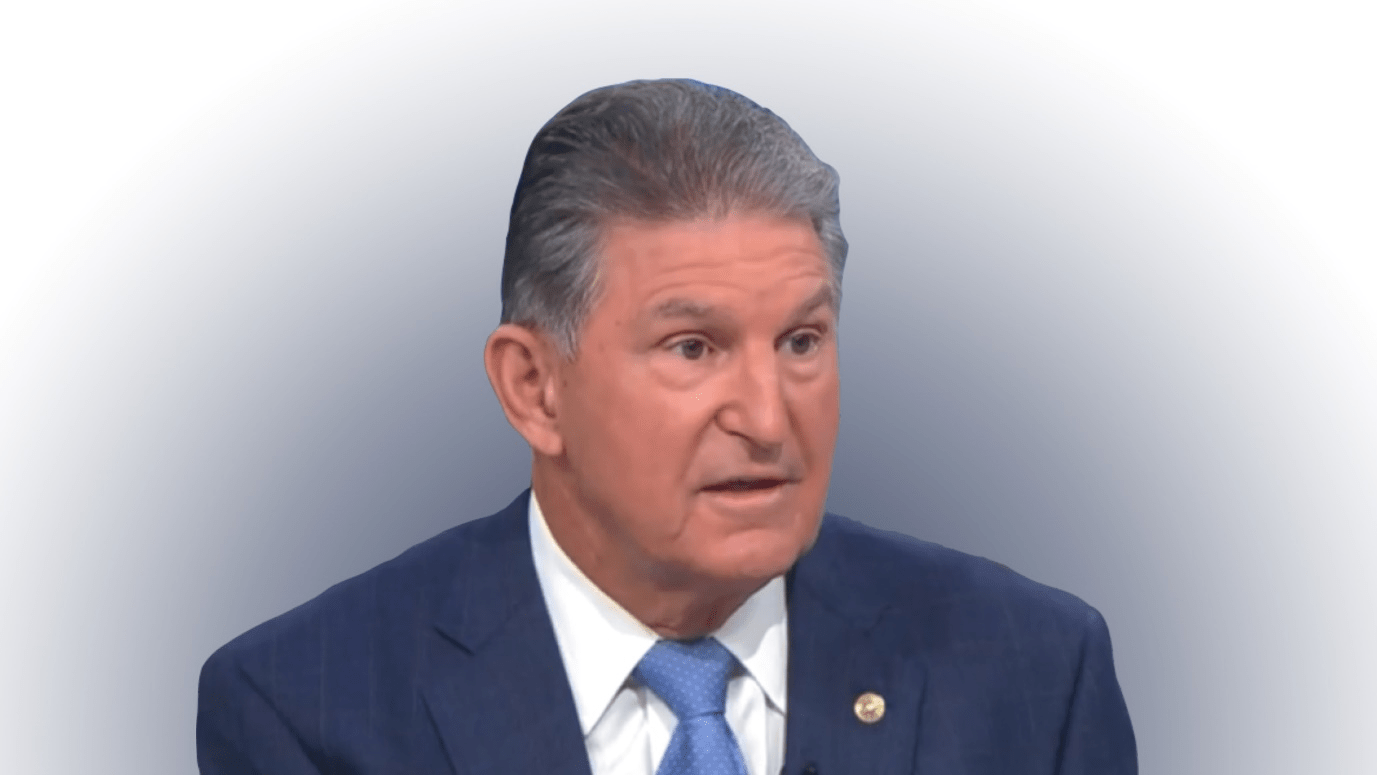
Why Skills-First Leadership Is Replacing the Ivy League Playbook in the C-Suite
The old prestige pyramid—where Ivy League degrees and blue-chip consulting backgrounds paved the way to the CEO seat—is cracking.

August 12, 2021: -Senate Democrats took their first step toward passing a $3.5 trillion spending plan as the party forges ahead with a huge economic agenda.
After over 14 hours, the Democratic-held chamber voted to pass a budget resolution 50-49 along party lines. The measure directs committees to craft a bill that spends up to $3.5 trillion on climate initiatives, paid leave, child care, education, and health care.
It marks the initial steps in the budget reconciliation process, allowing Democrats to approve their planning without a Republican vote in the Senate split 50-50 by party. The GOP has united against the proposal and the tax increases on corporations and wealthy individuals Democrats planning to pay for it.
The vote to approve the resolution following Senate passage of a $1 trillion bipartisan infrastructure bill on Tuesday. Democrats see the bipartisan plan and their reconciliation bill as two complementary planks that aim to create jobs, less climate change, and strengthen the social safety net.
Neither bill is passing for weeks or even months. The House will need to approve a budget resolution prior Congress can craft and pass final legislation.
Balancing competing interests in her caucus, House Speaker Nancy Pelosi, D-Calif., has said she would not take up the infrastructure or reconciliation bills till the Senate passes them. However, she is facing pressure from centrists in her party to hold a stand-alone vote on the bipartisan plan.
The House will not be returning from its August recess until September 20. After the passage of the budget resolution, the Senate is also set to leave Washington until September.
Senate Majority Leader Chuck Schumer, D-N.Y., committed a September 15 target to put together their bill portions.
The resolution calls to expand paid family and medical leave, make child care more accessible, create universal pre-K and tuition-free community college and extend enhanced household tax credits passed in the coronavirus pandemic. It also recommended lowering the Medicare eligibility age and expanding benefits, including dental, vision, and hearing.
The measure expands green energy and curbs climate change through tax incentives, consumer rebates, and polluter fees.

The old prestige pyramid—where Ivy League degrees and blue-chip consulting backgrounds paved the way to the CEO seat—is cracking.

Loud leaders once ruled the boardroom. Charisma was currency. Big talk drove big valuations.

But the CEOs who make history in downturns aren’t the ones with the deepest cuts

Companies invest millions in leadership development, yet many of their best executives leave within a few years. Why?

The most successful business leaders don’t just identify gaps in the market; they anticipate future needs before anyone else.

With technological advancements, shifting consumer expectations, and global interconnectedness, the role of business leaders

Following a distinguished Law Enforcement career Joe McGee founded The Securitatem Group to provide contemporary global operational specialist security and specialist security training products and services for private clients, corporate organisations, and Government bodies. They deliver a wide range of services, including complete end-to-end protection packages, close protection, residential security, protection drivers, and online and physical installations. They provide covert and overt investigations and specialist surveillance services with a Broad range of weapons and tactical-based training, including conflict management, risk and threat management, tactical training, tactical medicine, and command and control training.

Jay Wright, CEO and Co-Owner of Virgin Wines infectious energy, enthusiasm, passion and drive has been instrumental in creating an environment that encourages talent to thrive and a culture that puts the customer at the very heart of every decision-making process.

Fabio de Concilio is the visionary CEO & Chairman of the Board at Farmacosmo, a leading organization dedicated to mental health and community support services. With a deep commitment to identifying and meeting customer needs, Fabio ensures that high standards are maintained across the board.

Character Determines Destiny – so said Aristotle. And David CM Carter believes that more than anything else. For David, it has been numerous years of research into codifying Entelechy Academy’s 54 character qualities that underpin everything he stands for as a leader and teacher.

Leave us a message
Subscribe
Fill the form our team will contact you
Advertise with us
Fill the form our team will contact you